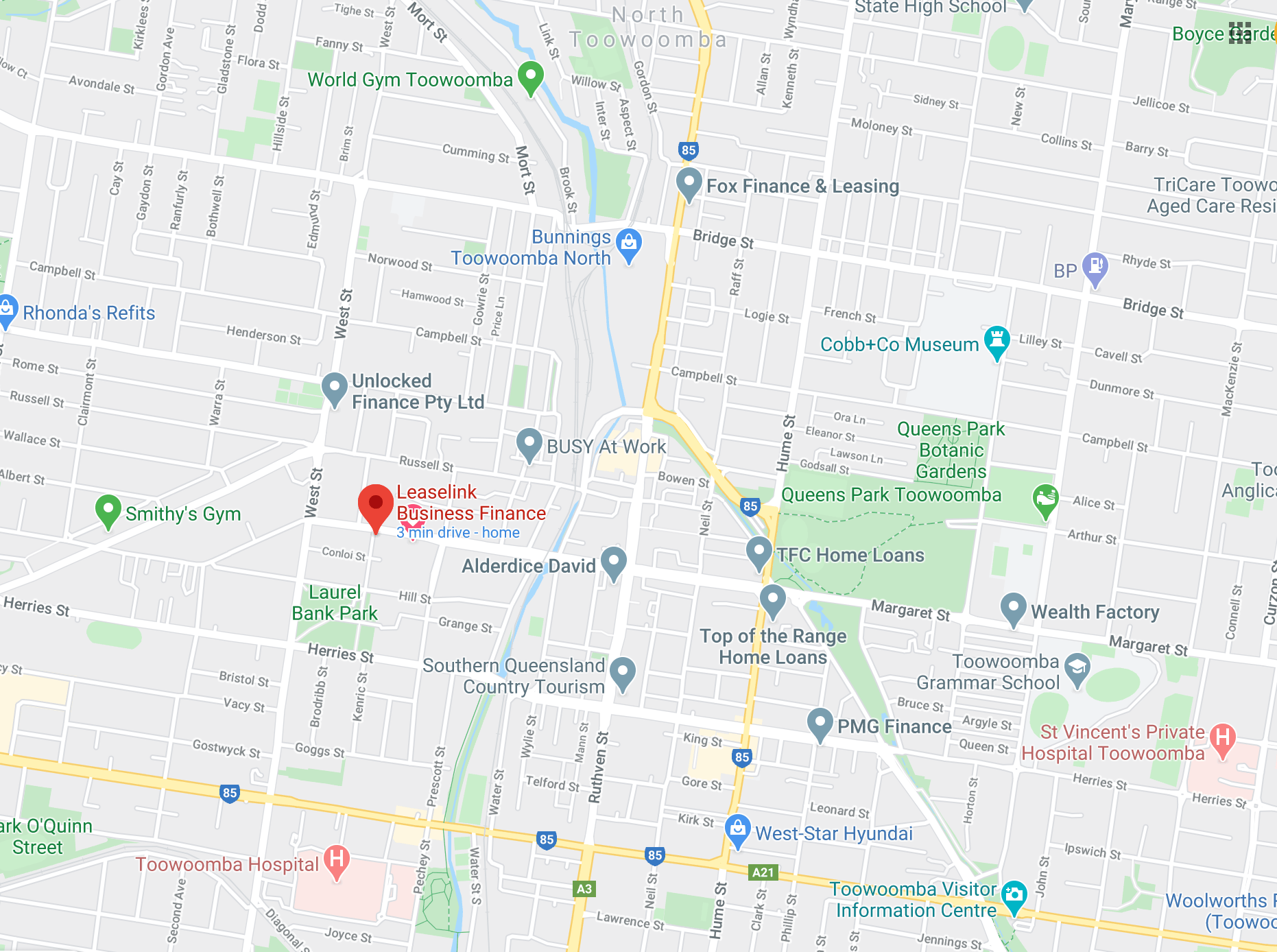Surrendering Your Lease
Sometimes, you simply cannot continue with your lease. Most commonly this is caused by going out of business, but any number of things could occur. Once you have surrendered your lease, the lessor re-takes possession of their property.
During this highly stressful time, it’s best to know all of your rights and responsibilities. Read on, to learn the ins and outs of surrendering a lease.
First, Negotiate
One cannot simply decide they’re no longer going to pay their lease; your lessor would generally have the legal right to then recover from you all payments owed until the end of the lease as well as other costs, such as legal fees or interest.
Before you surrender a lease, the lessor must agree to the terms of the surrender. The terms are laid out by the lessor and will differ depending on the situation, but do know that the lessor is under no obligation to agree to any terms of surrender
When negotiating a surrender, it is imperative to have clear and constructive communication between parties. In such a stressful situation, it is sometimes better to have an agent or lawyer to handle the surrender in your stead.
Pay the Surrender Fee
Almost always, a lessor will ask for a lump sum of money to compensate for them losing their expected revenue stream. This sum will certainly be far less than the cost of having to pay off the rest of your lease but it can sometimes be pricey in the short term.
The surrender fee also covers the cost the lessor might incur in finding a new lessee (such as the cost of advertising). At times, the payment may not be enough and the lessor will require you to continue with the lease until the lessor finds a new lessee.
What Happens If Your Lessor Refuses
A lessor is not always open to the idea of surrendering the lease early and they have no legal obligation to. If you break your lease without the lessor agreeing, you will be liable for all payments until the end of the lease period.
However, you can ‘assign’ a lease. To assign a lease is to find another party willing to take over in your stead. In this case, a lessor can only refuse if they have a legitimate reason for doing so, one that is not motivated by some undisclosed reason or ulterior motive.
Are you looking for a lease yourself? Or do you simply need to talk to a leasing expert? Talk to us today.








